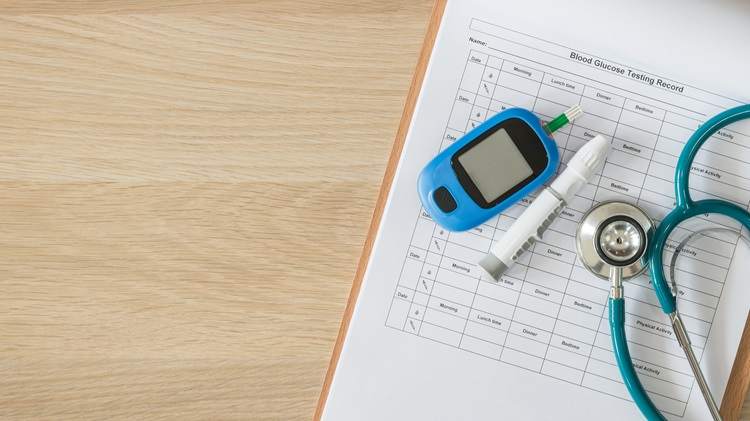What Are the Symptoms of Hypoglycaemia?
What Are the Symptoms of Hypoglycaemia?

Hypoglycaemia is a condition when your blood sugar levels drop below the healthy range. This condition is quite common in people diagnosed with Type 1 diabetes. Sometimes, it can happen to non-diabetics as well. You will be diagnosed with hypoglycaemia if your blood sugar drops below 70mg per decilitre (mg/dl) if you are diabetic and below 55mg/dl if you are non-diabetic.
Consuming sugar or carbohydrates immediately when you experience hypoglycaemia is important. Otherwise, this can turn into a serious or life-threatening condition. Watch out for the hypoglycaemia symptoms and take remedial action immediately.
What are the Hypoglycaemia Symptoms?
Hypoglycaemia symptoms are quite prominent, making it easy to spot them early on and take corrective action. However, the symptoms may not be similar for all.
Here are some common symptoms:
• Shaking or trembling of the body
• Extreme fatigue
• Profuse sweating
• Body chills
• Polyphagia (feeling extremely hungry)
• Palpitations (rapid heartbeats)
• Lightheadedness
• Confusion
• Inability to concentrate on anything for too long
• Feeling irritable
• Anxiety
• Skin looking pale and dull
• Tingling or numbness, especially in the lips, cheeks and tongue
Symptoms of severe hypoglycaemia:
• Inability to see clearly
• Double vision
• Inability to speak clearly
• Problems with body balance and coordination
• Illogical thinking and disorientation
• Falling unconscious
• Seizures
When you experience hypoglycaemia symptoms like the following during your sleep, you will be diagnosed with nocturnal hypoglycaemia:
• Extremely disturbed sleep
• Profuse sweating even when you wear thin clothes
• Crying out in frustration, fear or worry during your sleep
• Experiencing nightmares
• Extremely tired or disoriented immediately after waking up
All of the symptoms, especially the ones for severe hypoglycaemia, should be treated immediately. If left untreated, it can lead to coma and other severe health issues like cardiac arrest, failure of vital organs, brain damage and cardiac arrhythmias.
Conclusion
When you experience hypoglycaemia symptoms, immediately eat or drink something high in sugar and carbs. Visit your doctor to get treated on time and prevent this condition from developing into severe health conditions, coma, or death. Get a health insurance plan to cover medical costs. When you buy medical insurance, you should also opt for a critical illness insurance plan to cover the costs of life-threatening illnesses.
Disclaimer: The above information is for illustrative purposes only. For more details, please refer to the policy wordings and prospectus before concluding the sales.
RELATED ARTICLES
Type 2 Diabetes Treatment Costs and Insurance Coverage
What Will Happen if I Get Diabetes After Getting a Health Insurance Plan?
Manage Diabetes to Protect your Heart
10 symptoms of Diabetes That You Shouldn’t Ignore
Explore HDFC ERGO’s Critical Illness Plans: Silver, Gold, Platinum










 Health Insurance
Health Insurance  Travel Insurance
Travel Insurance  Car Insurance
Car Insurance  Cyber Insurance
Cyber Insurance  Critical Illness Insurance
Critical Illness Insurance
 Pet Insurance
Pet Insurance
 Bike/Two Wheeler Insurance
Bike/Two Wheeler Insurance  Home Insurance
Home Insurance  Third Party Vehicle Ins.
Third Party Vehicle Ins.  Tractor Insurance
Tractor Insurance  Goods Carrying Vehicle Ins.
Goods Carrying Vehicle Ins.  Passenger Carrying Vehicle Ins.
Passenger Carrying Vehicle Ins.  Compulsory Personal Accident Insurance
Compulsory Personal Accident Insurance  Travel Insurance
Travel Insurance  Rural
Rural 











